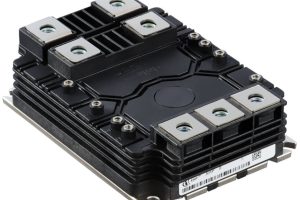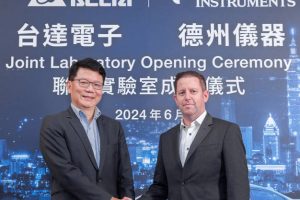
This fruit was born of a development partnership started in 2020, leading to two unnamed automotive customers adopting Vitesco inverters built around Rohm SiC components, with “Vitesco supplying a first series project as early as 2024”, said Rohm, which added: “During the development partnership, the relevant SiC chips were optimised for use in automotive inverters.”
With their robust nature and electrical advantage over silicon when switching high voltages, silicon carbide power mosfets and diodes are a good fit for automotive traction motor inverters in the fast-growing electric car market, particularly as batteries move from 400V to faster-charging 800V.
“Competition for sufficient capacities in components made of this high-tech material is correspondingly fierce,” said to Rohm.
This is not only true at the component level: companies up and down the SiC supply chain have been signing deals for wafers, die, modules and finished assemblies.
“The supply partnership agreement with Rohm is an important building block for securing Vitesco Technologies’ SiC capacities in the years ahead,” said Vitesco CEO Andreas Wolf (photo right), at the signing ceremony in Regensburg, Germany. “We have had very good experience in our development cooperation so far and are now looking forward not only to continuing it, but to intensifying it further.”
“In the automotive market, SiC is a pathfinder for higher efficiency,” said Rohm CFO Kazuhide Ino (photo left). “With an expected market share of more than 30%, we have gained a strategic partner in Vitesco Technologies for market penetration.”
Headquartered in Regensburg, Vitesco Technologies makes drives, controls, sensors, actuators and exhaust gas treatment parts. In 2022 it has sales of €9.07bn from 38,000 employees over 50 locations.
 Electronics Weekly Electronics Design & Components Tech News
Electronics Weekly Electronics Design & Components Tech News



